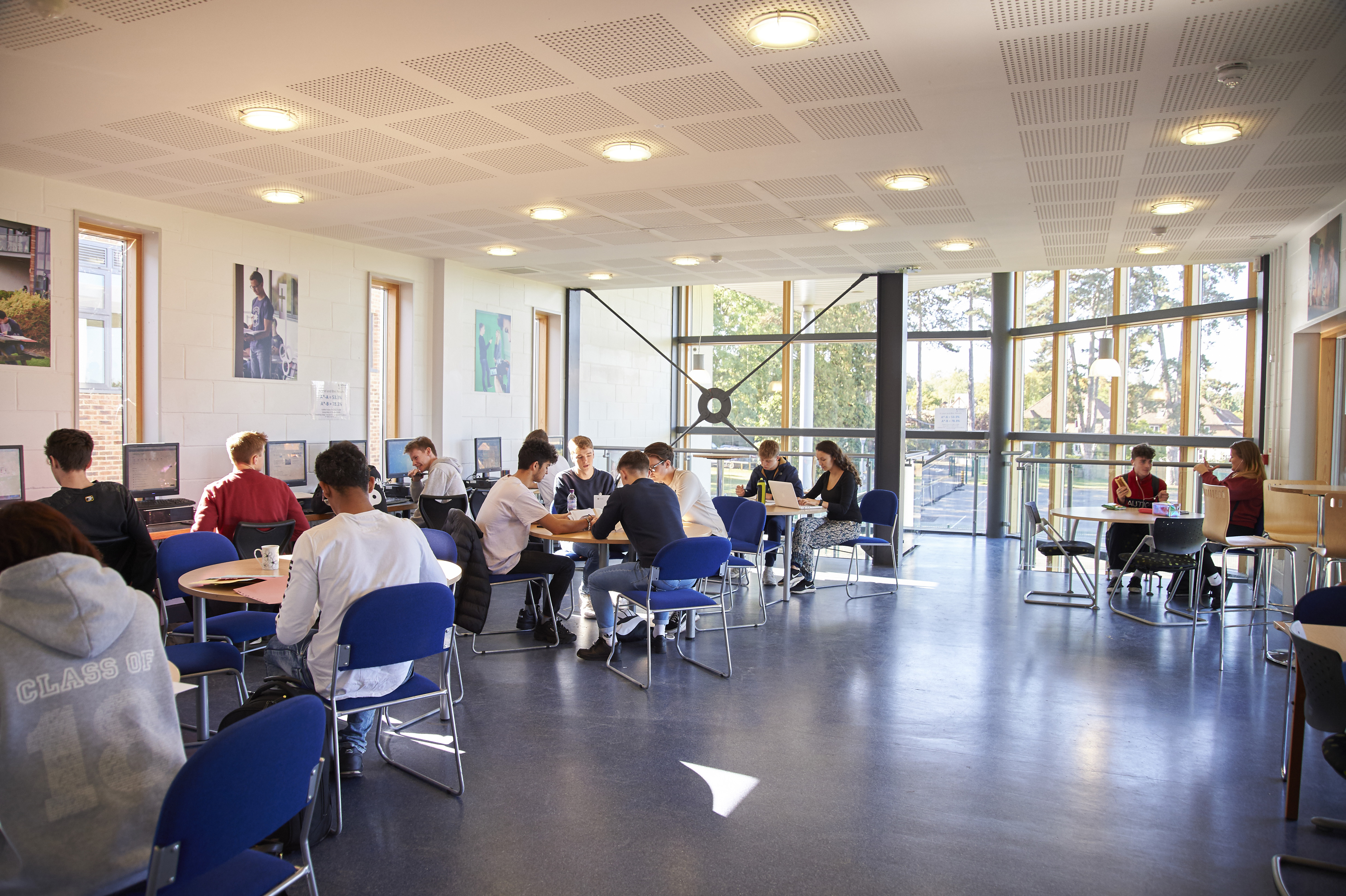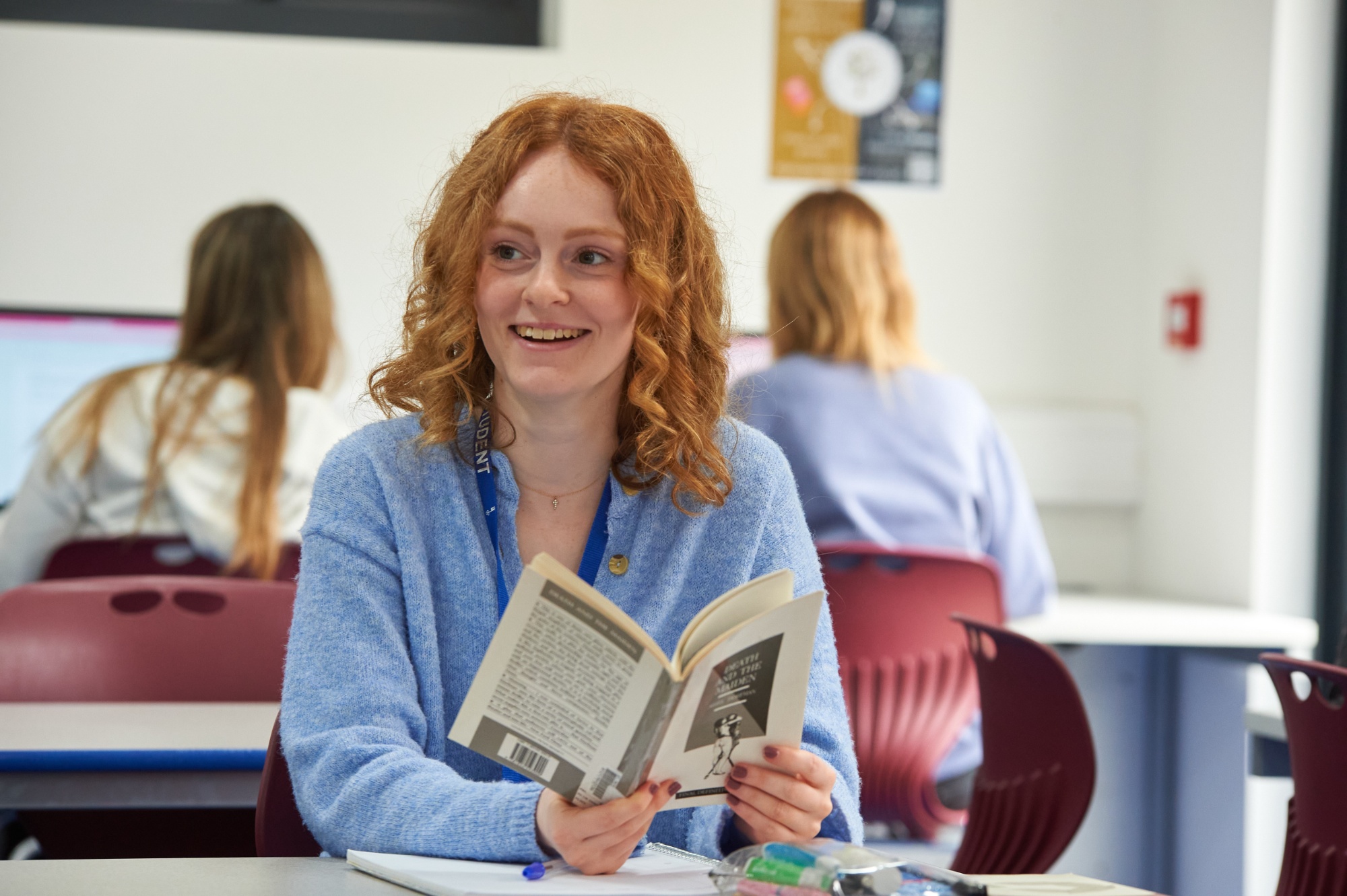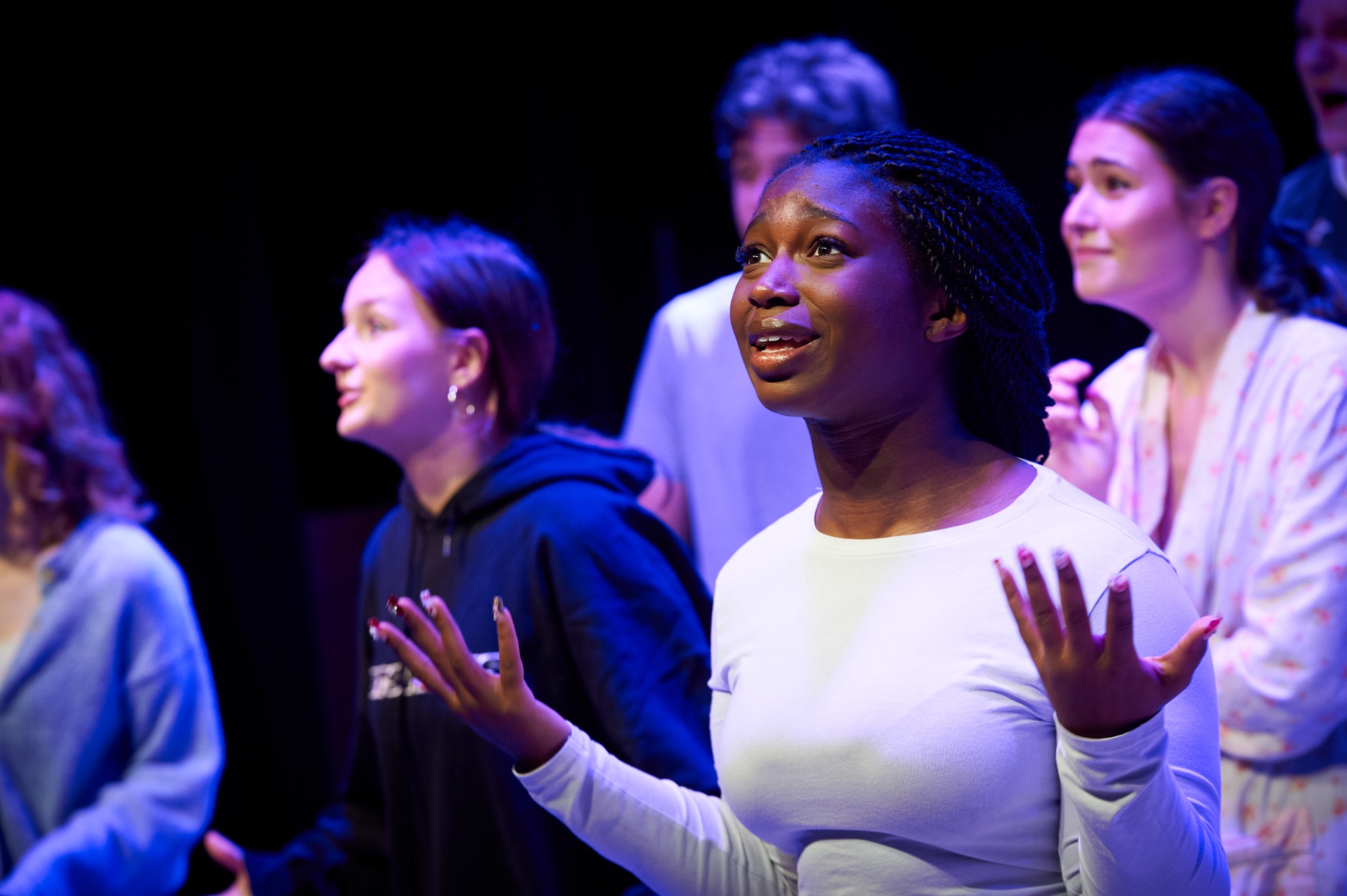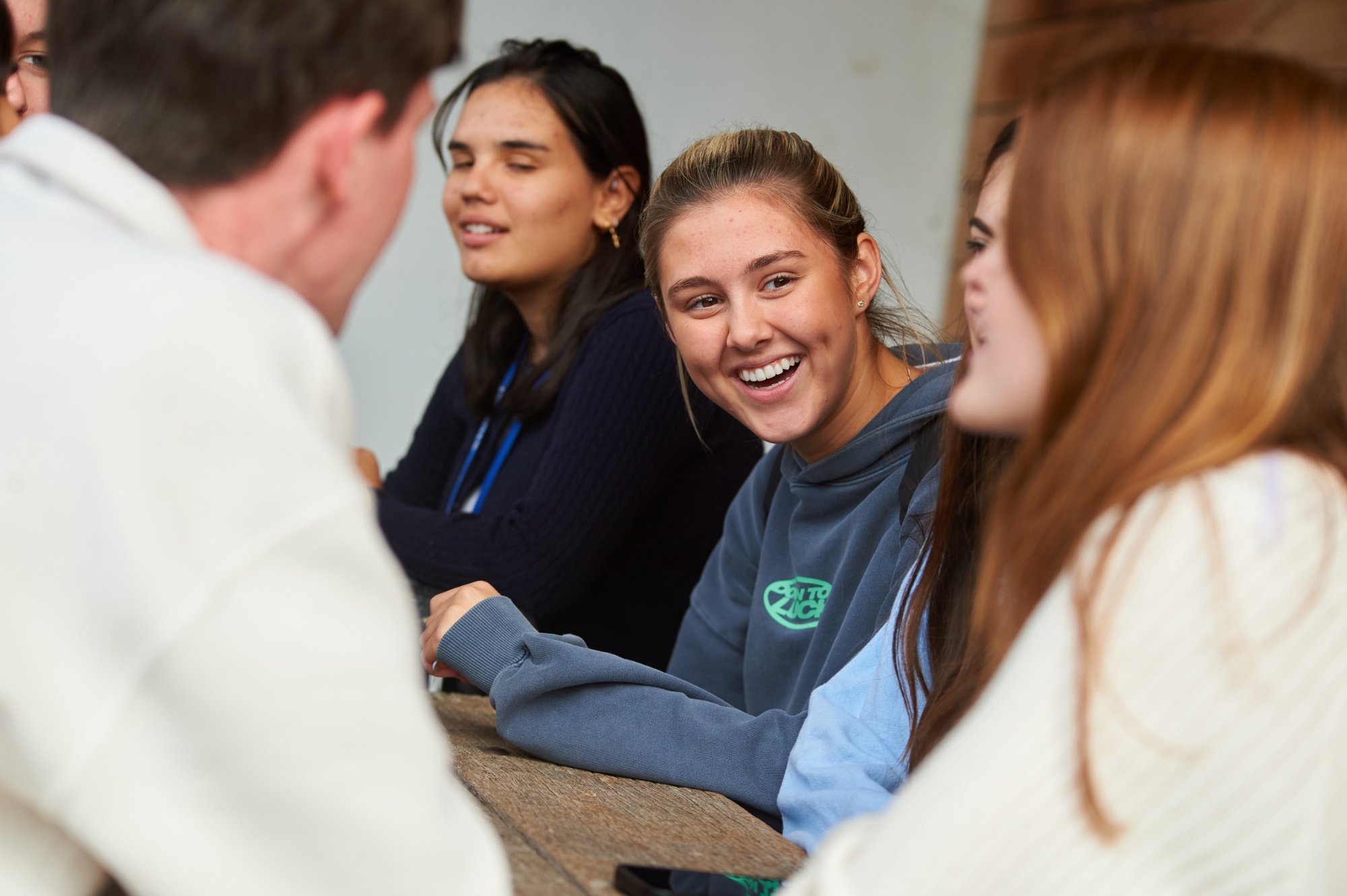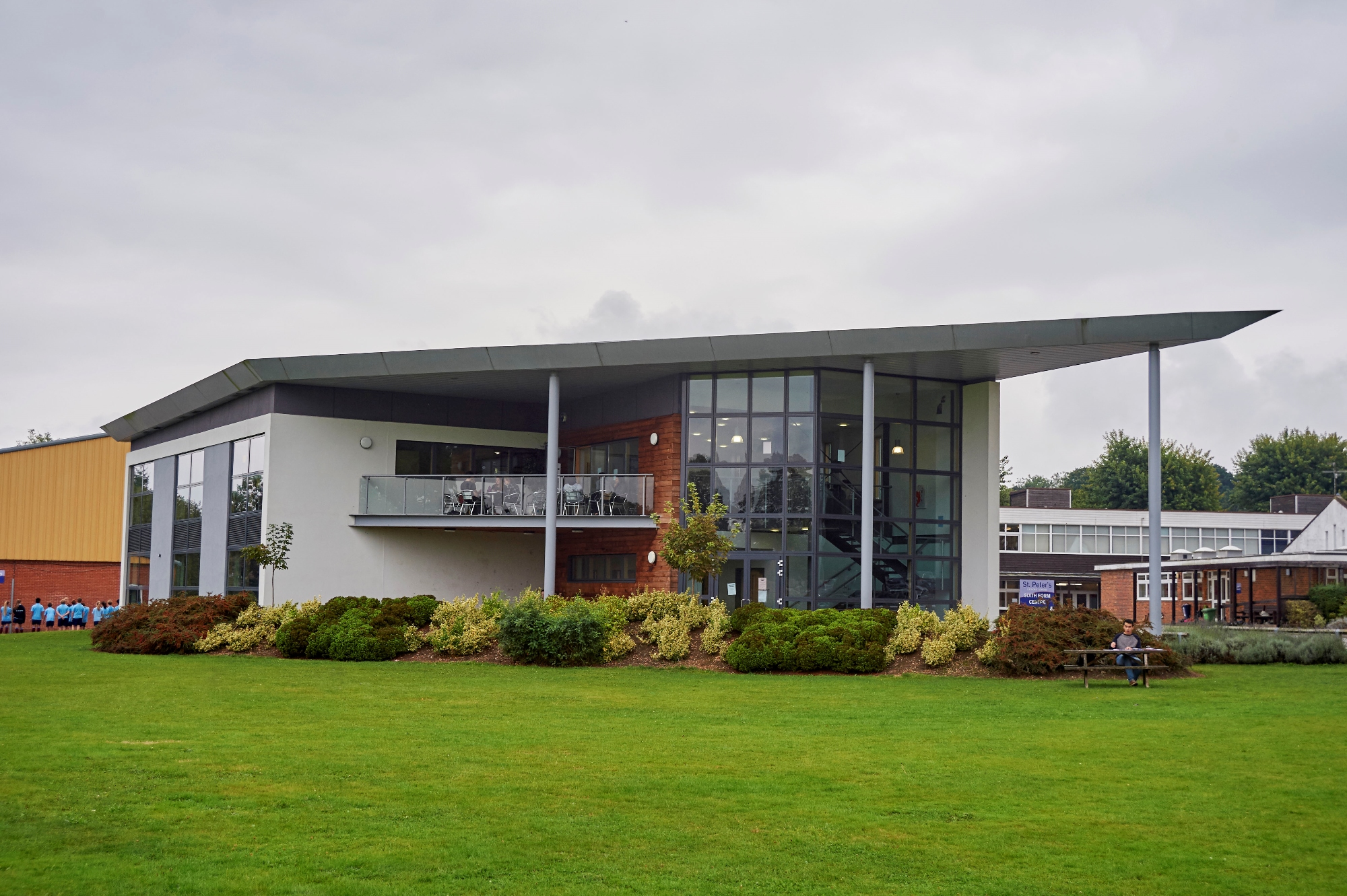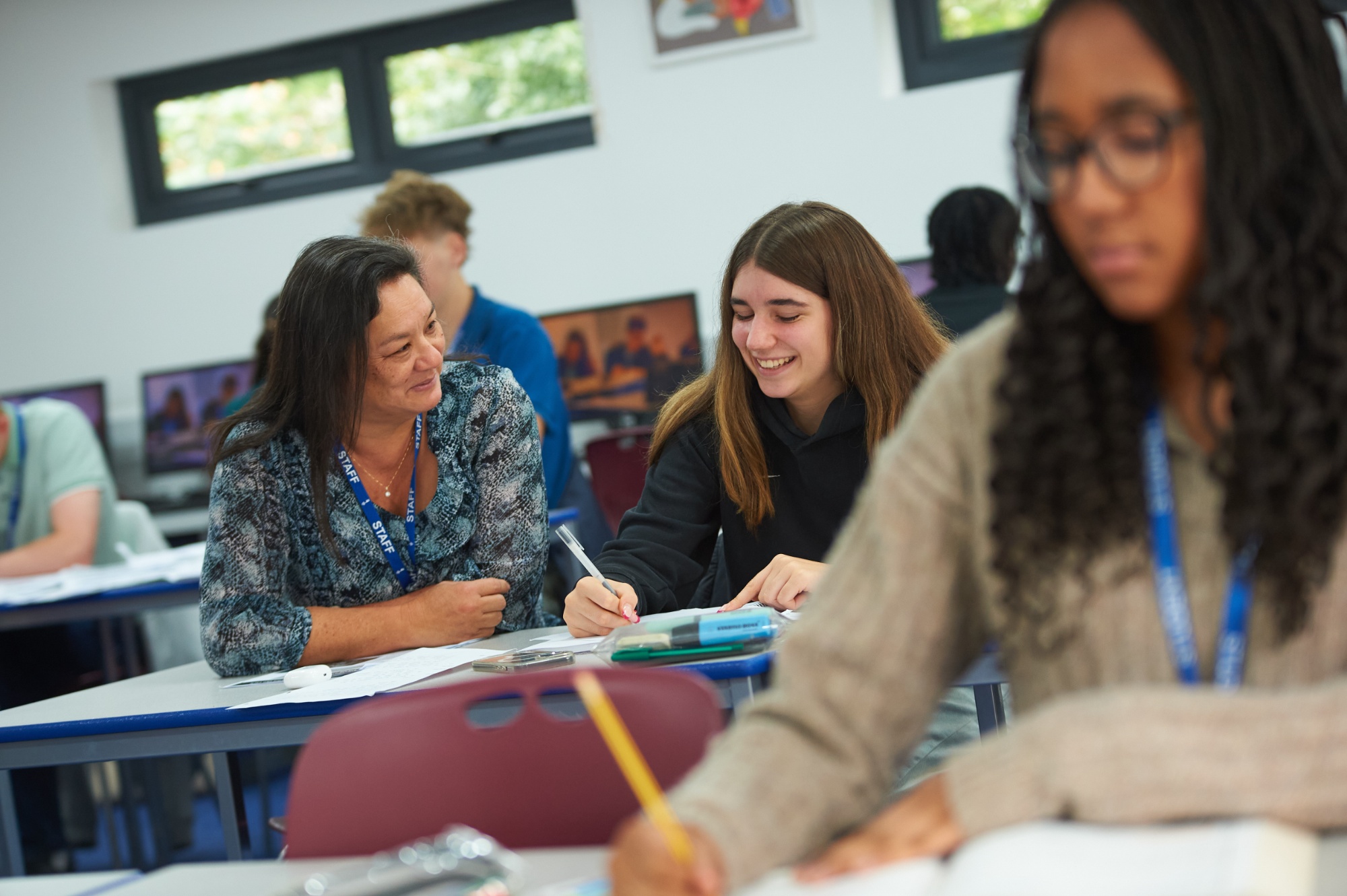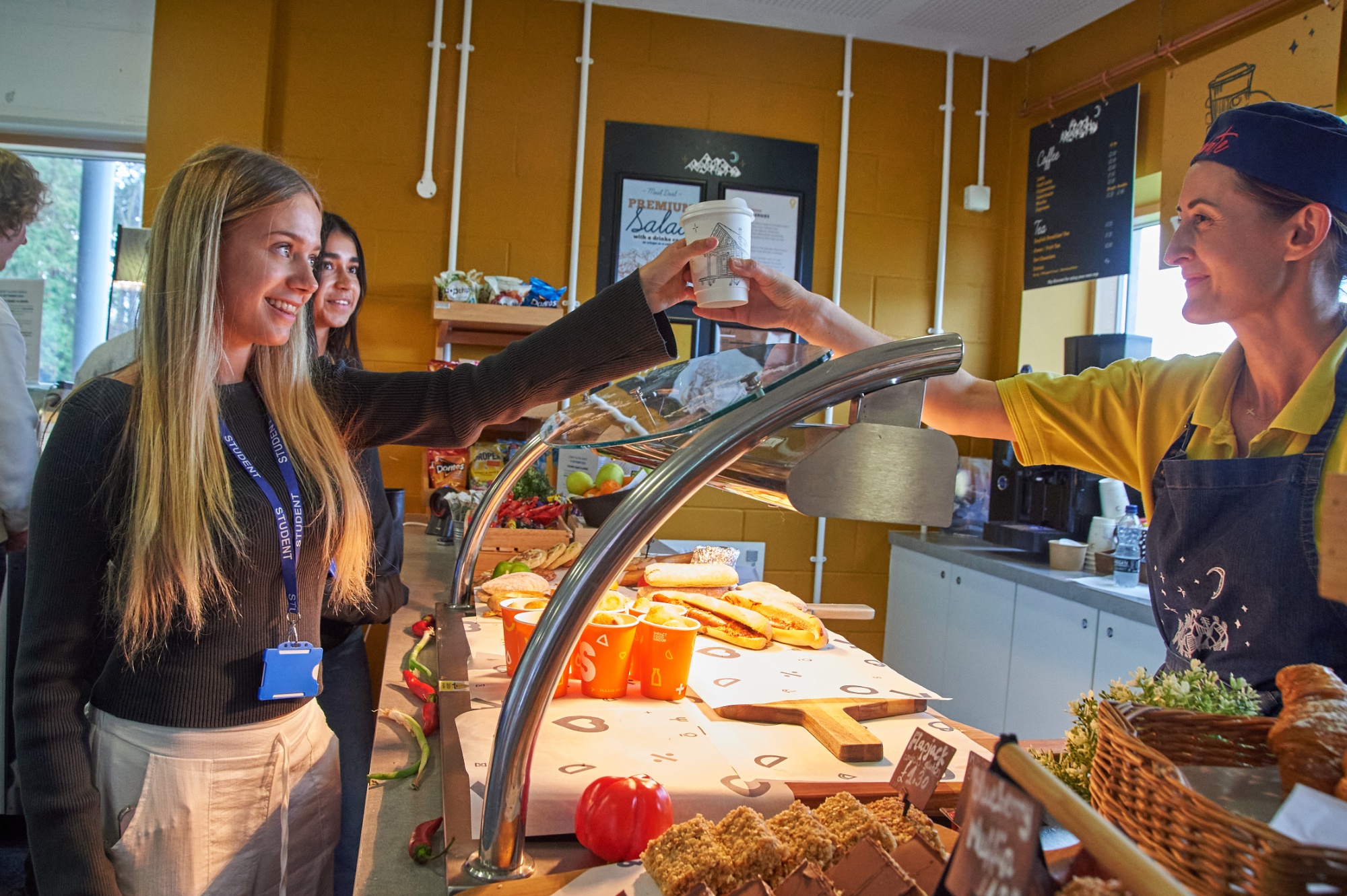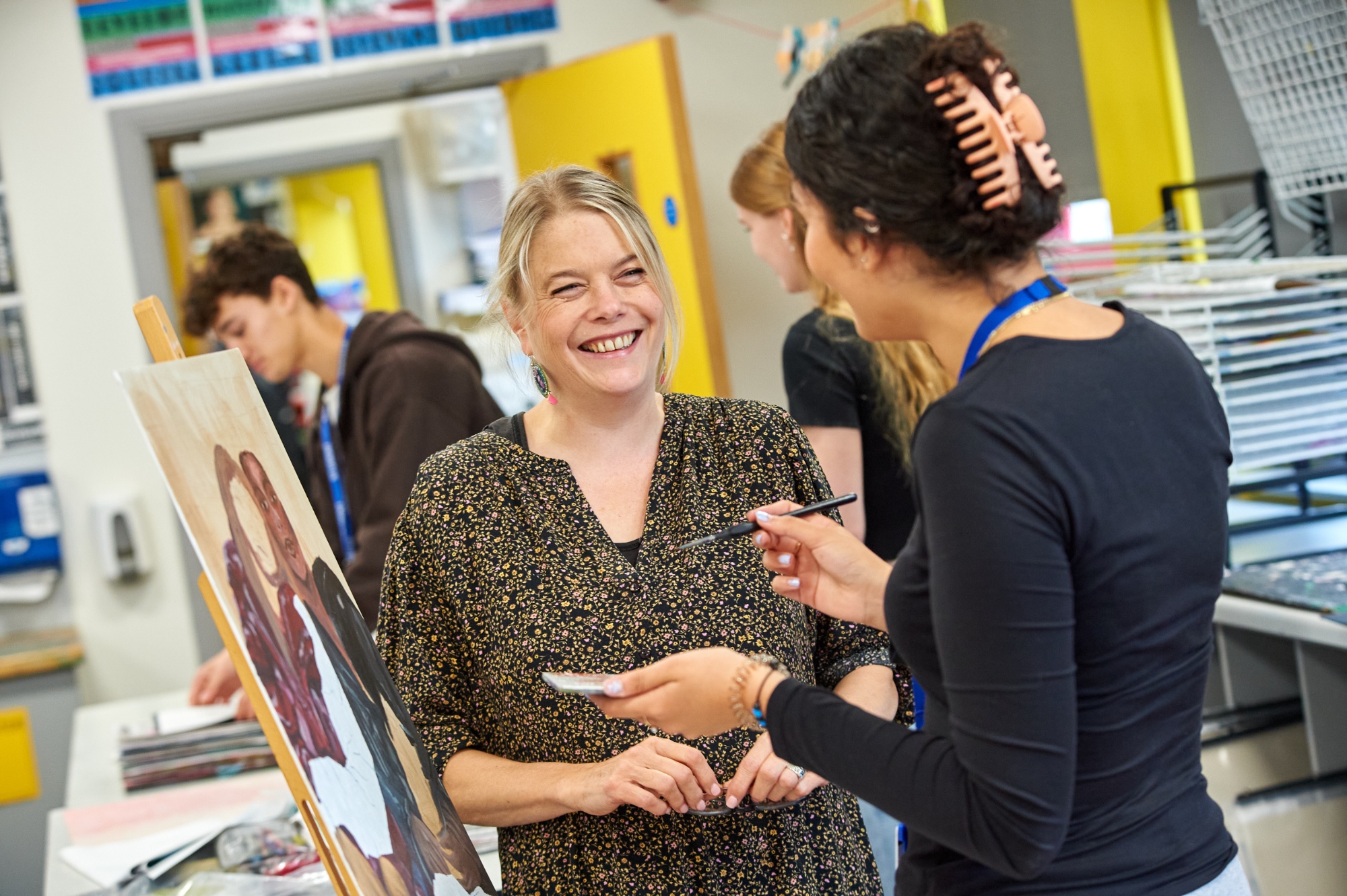Biology
 Mr E Brewer
Mr E Brewer
Head of Biology
Xavier Subject Lead for Biology
THE TEAM
| Mrs M Barnes | Science Technician (Biology) |
| Miss F Brooks | Teacher of Biology and Assistant Headteacher |
| Mrs C Cooper | Teacher of Biology |
| Mrs S McLaughlin | Teacher of Science |
| Mrs J Osborne | Teacher of Biology |
INTRODUCTION TO THE DEPARTMENT
In Biology we offer the Edexcel Salters-Nuffield course which provides a context-based approach to the study of Biology. The course covers both theoretical and practical application of the significant breadth of knowledge you will develop over the course of your studies. We aim not only to prepare you for achievement, but to become excellent scientists through the development of research techniques, critical thinking and scientific enquiry. You will have opportunities to complete passion projects, be guided through reading scientific literature and produce projects and presentations.
WHY STUDY BIOLOGY?
Biology is the study of life and systems, from the giant to the molecular. You will appreciate how principles work together in a variety of contexts, be it looking at how protein structure contributes to disease mechanisms or how the removal of an insect species from an ecosystem can lead to catastrophic consequences. Life as we know it is changing constantly, diseases need treatments, ecosystems need to adapt to climate change and the global population needs feeding. Throughout the course, you will lean about ideas which could lead to you making life changing contributions to our planet. Biology is an excellent facilitating subject and amongst a broad and diverse base of knowledge you will develop mathematical, planning, analysis and writing skills which will be useful in any future career.
FUTURE ACADEMIC AND CAREER PATHWAYS
Past students have gone on to study medicine, veterinary science, physiotherapy and related courses; others have opted for natural sciences or zoology. Since Biology is a facilitating subject, it is well regarded by top universities as part of an applicant’s portfolio for a degree in any subject.
COURSE CONTENT
Students will be studying the Edexcel Biology A syllabus.
Year 12
The first year covers topics such as cardiovascular disease and the genetics of cystic fibrosis. You will delve deep into the building blocks of life looking at the biochemistry of protein structure and mechanisms of nucleic acid replication which provide a firm foundation from which to progress into the second year of the course. Mammalian reproduction and genetic diversity are studied in the latter part of the year with a focus on the cell cycle and cancer development, as well as natural selection and a focus on plant science.
Year 13
Students use their knowledge from the first year and apply it to forensic techniques used to determine time of death as well as immunology with a focus on the pathologies of HIV and TB. Photosynthesis and evolution are explored and a trip to Whitmoor Common further develops the students’ ecological skills. Respiration and muscle structure and function are covered in detail and the structure of the brain and nervous system control is also studied, along with the implications behind genetic modification and visual development.
Offering a context based approach, students learn about these topics by directly relating it to real-world scenarios.
ASSESSMENT
The course is assessed across three exams each worth 33.33% of the total A Level:
Paper 1: The Natural Environment and Species Survival
Paper 2: Energy, Exercise and Coordination
Paper 3: General and Practical Applications of Biology
Practical skills are developed through 18 core practicals which are assessed throughout the two years and culminate in a Practical Endorsement Certificate.
EXTRACURRICULAR OPPORTUNITIES
• Opportunity to a personal research project on Whitmoor Common
• Trip to London to attend ‘Science Live’ Lectures from famous Biologists
• International and Intermediate Biology Olympiad competitions
COURSE REQUIREMENTS
Minimum grade 7-7 in GCSE Combined Science or grade 7 in Biology as a separate science and a minimum grade 6 in Mathematics, as you must be confidently numerate in using Mathematics at Level 2 or above – 10% of the marks are for your mathematical skills.


